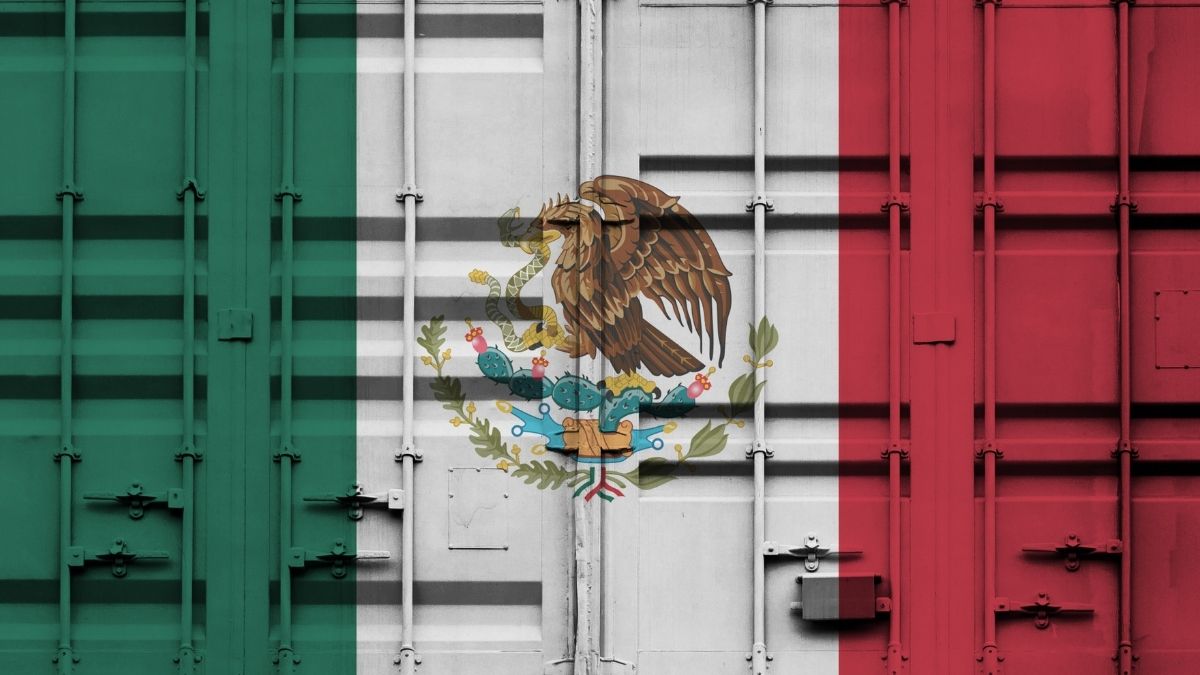
On October 3, 2025, the U.S. Supreme Court granted certiorari in Montgomery v. Caribe Transport II LLC, a case that could reshape how liability is assigned to freight brokers operating in interstate commerce. At the heart of the case is a critical legal question: Does federal law preempt state-level negligent selection claims against brokers?
C.H. Robinson has long advocated for clarity on this issue, urging the Court to take up the case and affirm the lower court’s decision. That ruling held that federal law—specifically the Federal Aviation Administration Authorization Act of 1994 (FAAAA)—preempts state tort claims that interfere with broker services. The Supreme Court’s decision to hear the case marks a pivotal moment for the logistics industry and the future of interstate transportation.
To help unpack what this means for brokers, shippers, and the broader supply chain, C.H. Robinson’s Deputy General Counsel Chris Ugarte answers key questions and provides a closer look at the legal context, implications, and next steps.
Q: What happened today in the Montgomery case?
A: The U.S. Supreme Court granted certiorari in Montgomery v. Caribe Transport II LLC, agreeing to hear a case that could reshape how liability is assigned to freight brokers when selecting a federal approved carrier.. C.H. Robinson had urged the Court to take the case and affirm the lower court’s decision, which held that federal law preempts state-level negligent selection claims against brokers.
Q: Why is this a significant development?
A: This is the first time the Supreme Court will directly address whether the Federal Aviation Administration Authorization Act of 1994 (FAAAA) preempts state tort claims against freight brokers. While the name suggests aviation, FAAAA also governs motor carriers and freight brokers. Its preemption clause limits states from enforcing laws related to broker services, with a narrow exception for safety regulations. The outcome could bring clarity to a fragmented legal landscape and reduce exposure to inconsistent state-level litigation.
Q: How does FAAAA relate to FMCSA?
A: FAAAA is the statute at issue in this case—it defines the scope of federal preemption for broker and carrier services. FMCSA, the Federal Motor Carrier Safety Administration, is the regulatory agency that enforces safety standards for motor vehicles. The legal argument centers on whether state tort claims—like negligent carrier selection—qualify as motor vehicle “safety regulation” preserved by the FAAAA. C.H. Robinson’s position is that they do not, and therefore are preempted.
Q: What has C.H. Robinson’s position been throughout this process?
A: C.H. Robinson has consistently argued that Congress intended to preempt state regulation of broker services, while preserving safety regulation for motor vehicles themselves. State tort judgments based on a broker’s hiring practices are not preserved by that safety exception and therefore remain preempted. These claims create a patchwork of standards that disrupt the efficiency of the supply chain and the deregulated marketplace Congress envisioned.
Q: How does this relate to the earlier Miller case?
A: There’s been some confusion around Miller v. C.H. Robinson. To clarify: C.H. Robinson was not found negligent. The Ninth Circuit reversed a lower court’s dismissal of the claims, ruling that the FAAAA preemption was not available under the savings clause’s safety exception. The case was remanded for trial but ultimately resolved via settlement. No finding of liability was made against C.H. Robinson.
Q: What impact could the Supreme Court’s decision have on the industry?
A: A ruling affirming federal preemption would reduce exposure to inconsistent state-level litigation, preserve competition, and ensure the free flow of interstate commerce. It would also provide much-needed legal certainty for brokers, carriers, and shippers operating across state lines.
Q: What are the next steps in the case?
A: The briefing and argument schedule is forthcoming.
Q: What’s the broader takeaway for reporters covering this story?
A: This is a pivotal moment for the logistics and transportation industry. The Supreme Court’s decision to hear Montgomery validates the importance of the legal questions C.H. Robinson has raised and could set a precedent that will affect the operations of brokers, shippers, and motor carriers for years to come.


